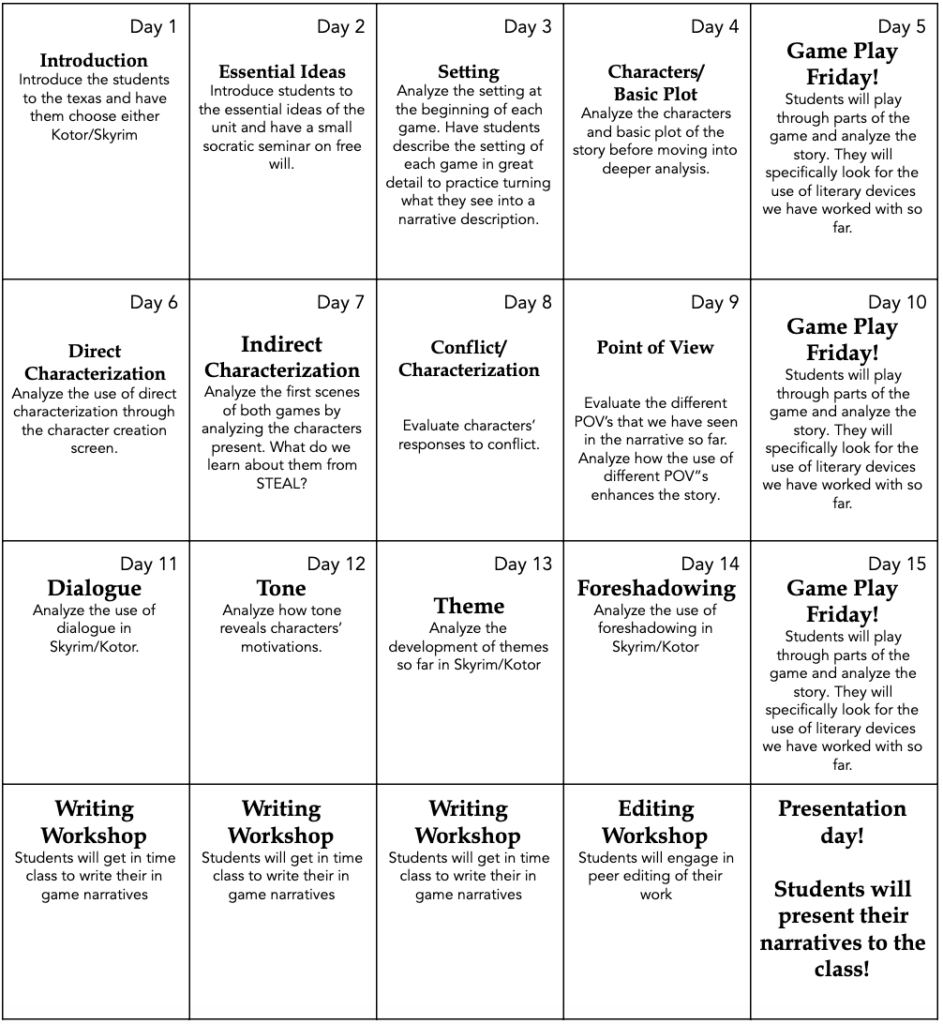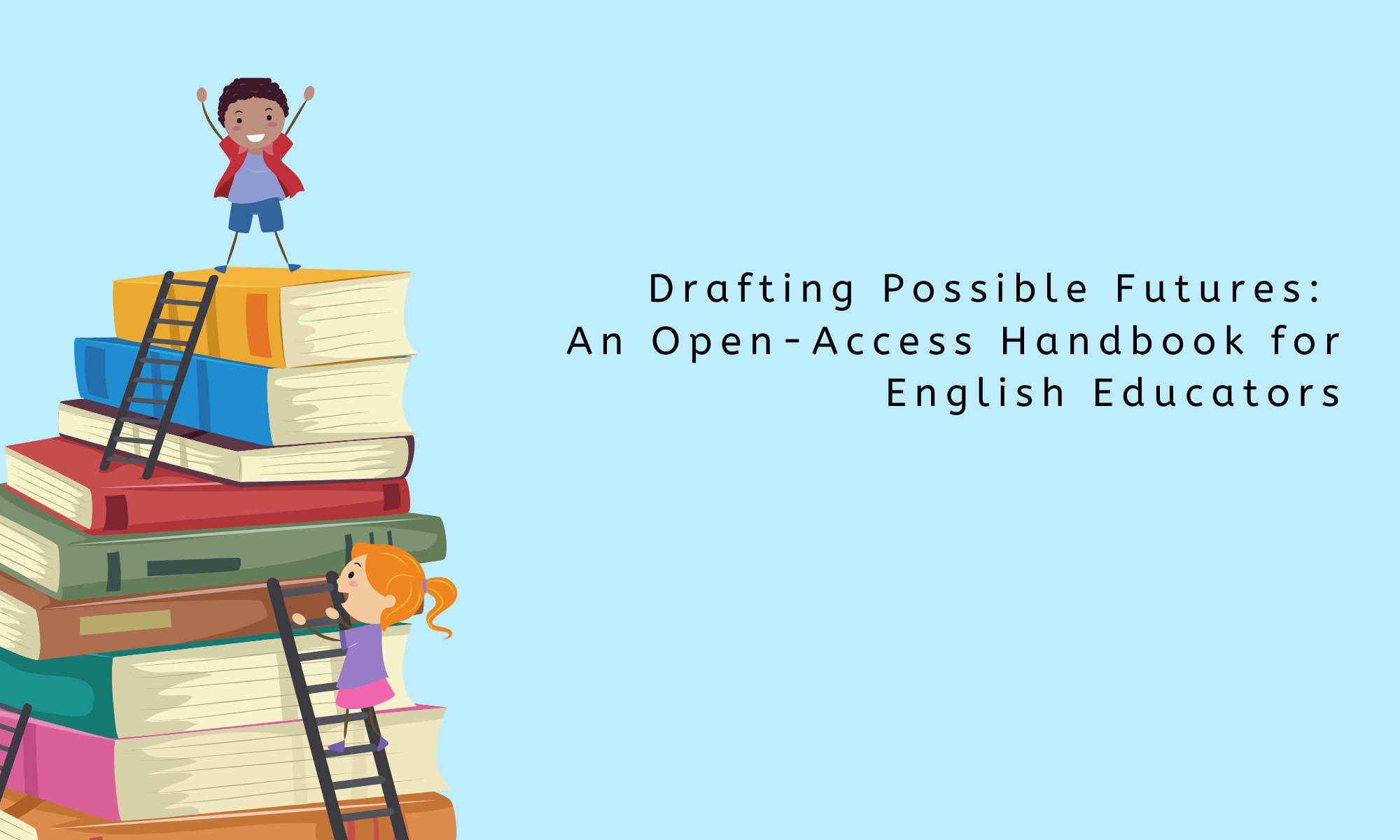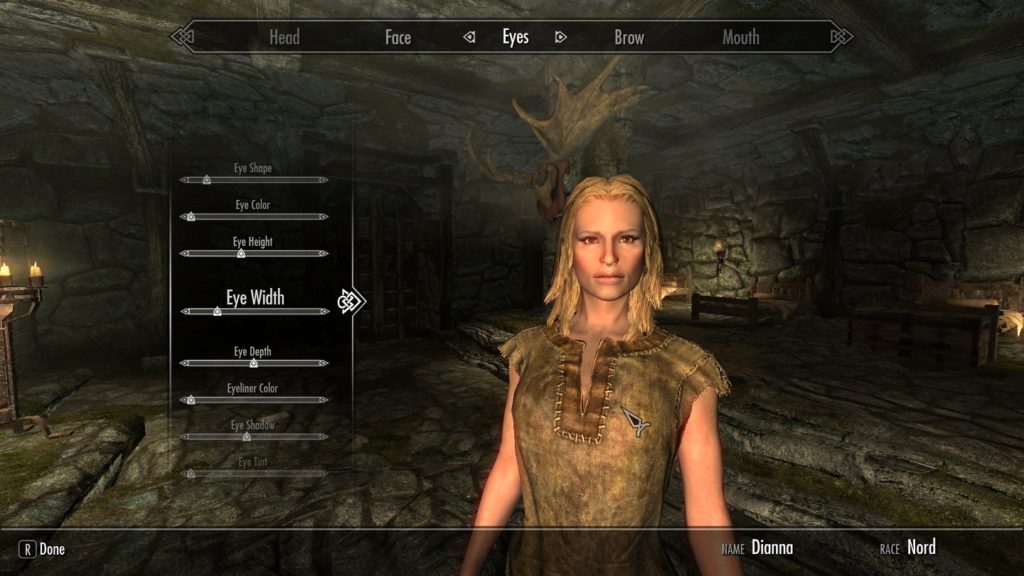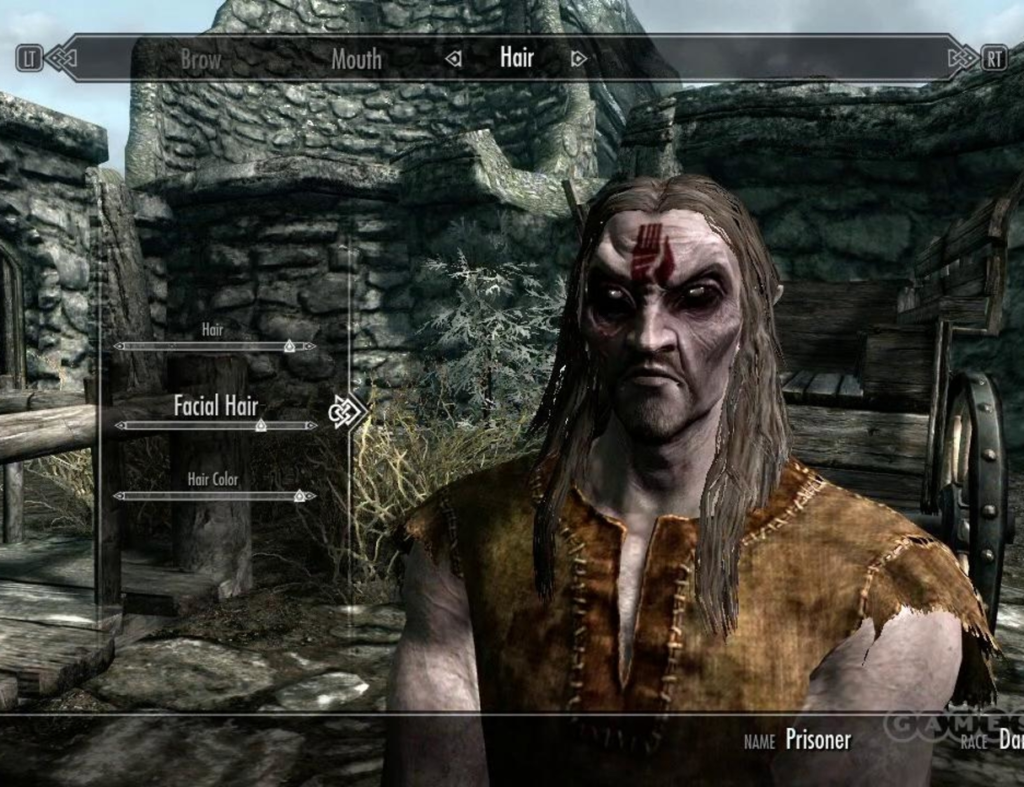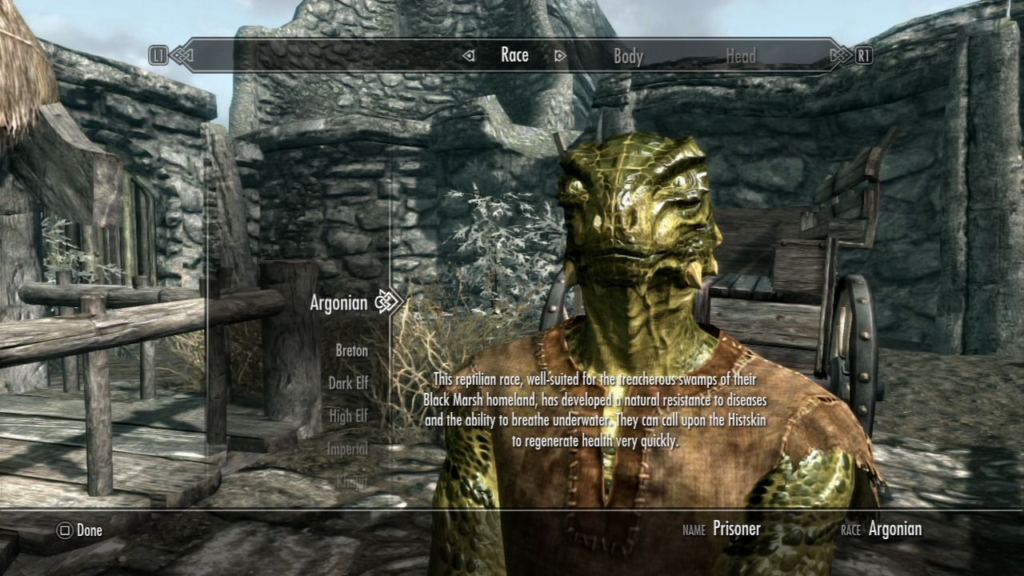Narrative Writing: Skyrim/Kotor
by Joseph Reilly
From my experience, there is a lack of diversity in the content and format of the literature we read. I will set out to develop an interactive unit that uses video games as a “multicultural text” to answer the essential question: Can video games be used to create a more interactive and rewarding experience for students in an English Language Arts classroom?
The goal of my unit is for students to create a narrative based on an RPG they are playing. Students will choose one of the 2 games I have chosen: The Elder Scrolls IV: Oblivion (Skyrim) and Star Wars: Knights of the Old Republic (abbreviated as “KOTOR”). Both of these games allow students to create their own character, make their own decisions, and work through the game’s storyline in multiple ways, giving variety to our final texts. I will use this unit to teach students several narrative techniques, including but not limited to: characterization, setting, dialogue, and foreshadowing. The games will be used both as an anchor text for teaching specific writing skills, as well as inspiration for the writing of our final piece. At the end of the unit, students will be required to choose their favorite mission/objective they have played through during the unit, and create a complete narrative for their character. Students will have played through the story in different ways, which will lead to a lot of writing diversity.
Students in need of a challenge could have the option of creating a new mission from scratch. They would base it off of the character they play with and use the game as inspiration, but they would, in a sense, create a new mission for the game, and create its narrative.
Direct Characterization in The Elder Scrolls IV: Oblivion
Screenshot provided by Joe Reilly, images (c) The Elder Scrolls IV: Oblivion
Screenshot provided by Joe Reilly, images (c) The Elder Scrolls IV: Oblivion
Indirect Characterization in KOTOR
Foreshadowing in KOTOR
The game starts with the story of Revan and Malak, two Jedi knights who oppose their masters in order to fight in a war that was ravaging the galaxy. They went and fought in the war and became heroes of The Republic. However, in their search for glory, they were turned to the dark side. Revan was the stronger of the two and became the master, whereas Malak was the apprentice. One day during a Jedi offensive trying to capture Lord Revan, Malak fired on his master’s ship and “killed” him. One of the Jedis on the boarding party that tried to capture Revan is one of your first companions in the game. When the game starts, this is the only knowledge you have of Lord Revan and his death. At this point, Malak is the bad guy in the game and, for all you know, Revan is dead. [**SPOILER ALERT** However, unbeknownst to you, you are Revan the entire time. Malak failed to kill the boarding party or his master during his assault. However, Bastilla did not want to end Revan’s life, so instead, she completely wiped his mind.] Throughout the entire game, there are hints and foreshadowing that you will find out your real identity. The videos below contain some of the most potent examples of foreshadowing. This is easily the biggest/best twist in a popular game. Playing through the first time and getting the reveal is one of the best gaming experiences I’ve ever had. After multiple playthroughs, I still notice instances of foreshadowing that I did not see the first time.
Examples of Foreshadowing in KOTOR
Jedi Master: “Are you sure Revan is truly dead! What if we train this one and the dark lord returns!”
Dialogue and Tone
Dialogue is an extremely important part of both games. Your choice of dialogue can change other characters’ perception of you, and even change the game/story itself. These games truly show the power of narrative because of the powerful effect it has on events. In this dialogue students can also be taught tone.
Skyrim/KOTOR Video Game Unit: ELA 8
Essential Question(s)
INVITE STUDENTS TO THINK MORE DEEPLY ABOUT CONTENT
- Does free will exist?
- What falls under the category of literature?
Common Core Learning Standards
USE LANGUAGE FROM THE VERTICAL SKILL SEQUENCE
Write narratives to develop real or imagined experiences or events using effective technique, relevant descriptive details, and well-structured event sequences.
Cite the textual evidence that most strongly supports an analysis of what the text says explicitly as well as inferences drawn from the text.
Determine a theme or central idea of a text and analyze its development over the course of the text, including its relationship to the characters, setting, and plot; provide an objective summary of the text.
Determine the meaning of words and phrases as they are used in a text, including figurative and connotative meanings; analyze the impact of specific word choices on meaning and tone, including analogies or allusions to other texts
Analyze how differences in the points of view of the characters and the audience or reader (e.g., created through the use of dramatic irony) create such effects as suspense or humor.
Engage effectively in a range of collaborative discussions (one-on-one, in groups, and teacher-led) with diverse partners on grade 8 topics, texts, and issues, building on others’ ideas and expressing their own clearly.
Assessments
SMALLER ASSESSMENTS THAT BUILD TOWARD THE FINAL TASK
- Socratic Seminars
- Summarizing major themes/events.
- Narrative Writing Exercises (Formative)
- Breaking down components for end task.
- Throughout the unit and mini-writing workshop for the narrative during the last week.
- Close Reading Quizzes
- Identifying and analyze literary elements
- Identifying theme
- Using textual evidence to support theme and literary elements that are identified.
Final Assessment
ASSESSES MASTERY OF UNIT’S SKILLS AND CONTENT
– Narrative Project:
- Create a narrative for your favorite storyline of The Elder Scrolls/Kotor.
OR
- Create an original mission and a storyline for The Elder Scrolls/Kotor.
– In-class mini-writing workshop on narrative writing.
Differentiation
HOW WILL THIS BE ACCESSIBLE TO ALL LEARNERS?
- Planner pre-populated with sentence starters for narrative exercises/projects.
- Narrative length shortened to four paragraphs
Materials
- Computers with minimal gaming capability
- must check game specifics for graphics requirements. KOTOR came out in 2001 whereas The Elder Scrolls IV: Oblivion came out in 2011. If computer power is an issue, KOTOR is the game of choice because of its lower system requirements.
- Digital Copies of The Elder Scrolls IV: Oblivion and KOTOR
- ELA Binders
- Pens/Pencils
Objectives
WHAT DO YOU WANT YOUR STUDENTS TO KNOW AND BE ABLE TO DO BY THE END OF THE LESSON? INCLUDE BOTH CONTENT AND SKILLS.
- Recall the basic plot of The Elder Scrolls/KOTOR
- Determine meaning of difficult language presented in The Elder ScrollsKOTOR
- Analyze the characters through the uses of direct and indirect characterization
- Analyze the different literary elements that are used in The Elder Scrolls/KOTOR
- Analyze how the theme of free will is portrayed in The Elder Scrolls/KOTOR
- Analyze the use of dialogue in The Elder Scrolls/KOTOR
- Complete an extended narrative writing piece.
- Understand that literature is not just novels.
